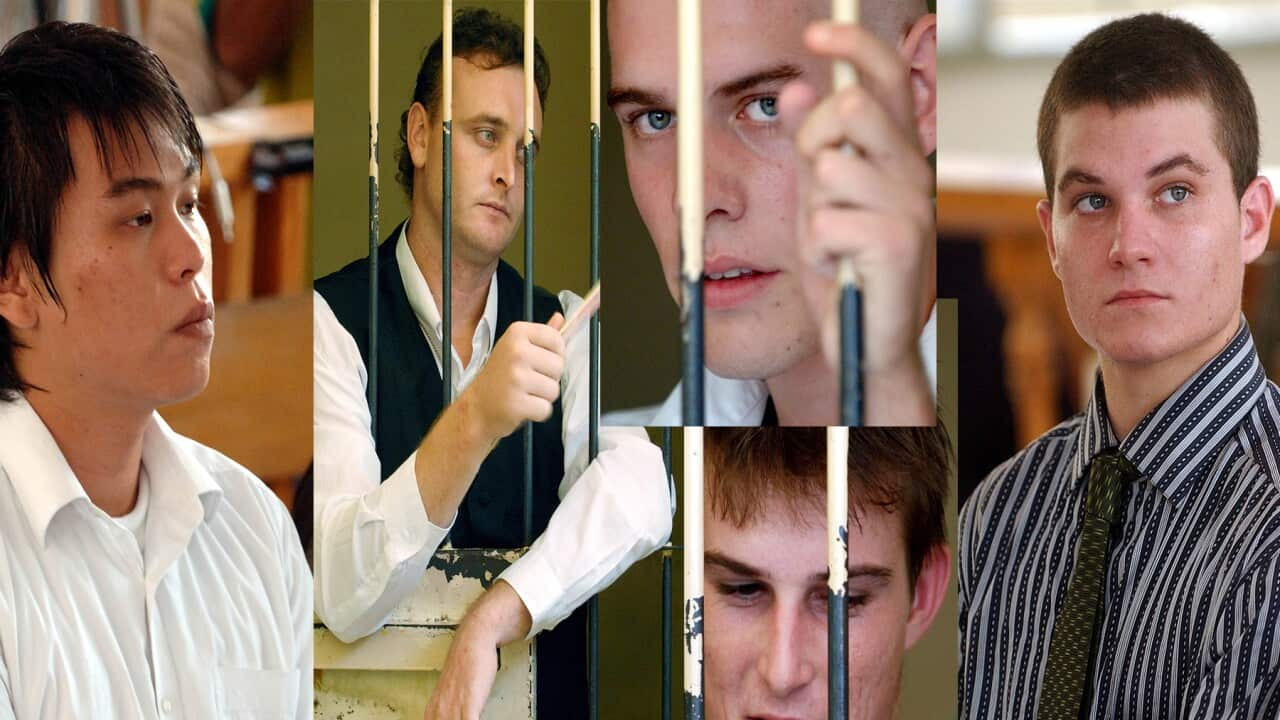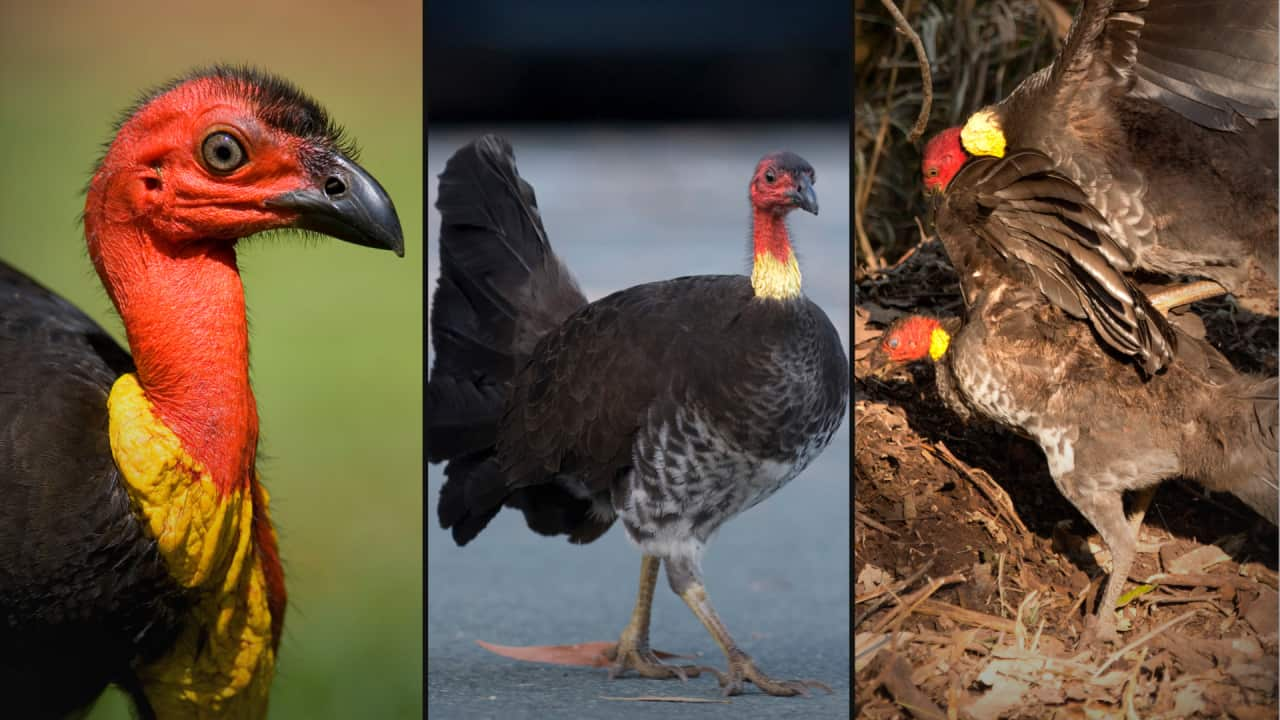Watch Insight’s episode Only Children, exploring why ‘one and done’ parenting is on the rise and if the pros outweigh the cons, on .
I would be very wealthy if I had a dollar for every time someone asked me: “When are you having a baby?” or: “When are you having your second child?”
I met my husband John when I was 21, and we got married eight years later. After our wedding, we settled into our home and started planning a family.
Life was good. I was happily married, had a supportive Italian family, a large circle of friends and a great career. We had a home together and travelled.
I imagined that we’d have a baby and then another, just like our friends. Two or more children was what I had always envisioned.
Claudia and her husband John on their wedding day. Source: Supplied
But it didn’t work out as we had hoped.
We struggled to conceive. We experienced disappointment for a long time until I.
When you have an Italian background, and you fail to achieve a successful pregnancy year after year, you have failed to meet the basic family and community expectations. I feel this is the unspoken truth.
From my experience, it is the truth according to the rule book of good ethnic girls and the expectations of them. This is the internal pain that we ethnic women face.
It’s this ongoing pain that stopped me from living my full life. I was weighed down by an immense sense of guilt for not being able to have a child for my family and our legacy.
I became very stressed and anxious in social settings, waiting for that dreaded question of when I was going to have a child.
Worse was when the dreaded question didn’t come at all — its absence creating a deafening silence.
Claudia’s husband John with their son Marcus when he was a baby. Source: Supplied
Having our son
Finally, at the age of 38, I got pregnant and we had our son Marcus.
Only then did I feel that I was finally included in conversations with other mothers — part of the club, rather than on the outside looking in.
I was absolutely overjoyed about being a mother, and having a child was as beautiful and wonderful as I had hoped.
But my joy turned into more years of sadness as I tried to have a sibling for my only child.
John and I both grew up with siblings and were part of big Italian families. We wanted the same closeness for Marcus and decided to undertake IVF treatments.
Pressure for a second child
Once more, the dreaded questions started again: “When are you having your next one?”
No one really knows how hard it is unless they have travelled the infertility journey.
I wanted to say: “Why are you asking me this? Why are you judging me?”
Instead, I simply smiled, put a mask on and internalised all my feelings.
Eventually, fed up, I responded to those questions by explaining we were having issues and that I was undergoing IVF.
Only then did the questions stop, and the topic was avoided altogether.
Behind all of the well-meaning advice and unintentional hurtful comments, I never seemed to hear the words: “Are you okay?”
By the fifth year of IVF treatment, after stopping and starting cycles with a total of six rounds, I simply didn’t have the strength to stop crying and continue.
Undergoing IVF was the start of life passing through a long tunnel of darkness that made me feel that I would never see the light again.
In reality, IVF and the expectations I had placed on myself to have more than one child wore me down, broke my heart and broke my spirit. Some days were very, very sad.
By the age of 45, I had to accept that there were some things I simply could not achieve, no matter how hard I tried.
Eventually, I realised that despite the failure of IVF, I was still a valuable person within this world, with or without several children, and I no longer felt the stigma of IVF and the shame of having infertility.
Claudia with her husband John and son Marcus. Claudia says that while she and John couldn’t give their son a sibling, they could focus on giving him their love and attention. Source: Supplied
I was instead grateful to have our only child Marcus.
Even though we couldn’t give him a sibling we could focus on giving him our love and attention, and we could surround him with his cousins and our big Italian family and friends.
Marcus is now 19 years old. Although he has admitted that he would have loved having a sibling, he is a well-adjusted, loving and caring young man who is constantly surrounded by great family and friends.
Two years ago, John passed away suddenly from a heart attack, at the age of 53.
In some ways, Marcus is all I have left of him — the struggle I went through to have a child was worth it then and is even more so now. There were so many times we could have given up in those early days; I’m so thankful we didn’t.
The disappointing thing is that I still get the question — only the one child?
Maybe it’s not too late to start collecting those dollar gold coins and save for my retirement.
And for more stories head to , hosted by Kumi Taguchi. From sex and relationships to health, wealth, and grief Insightful offers deeper dives into the lives and first-person stories of former guests from the acclaimed TV show, Insight.
Follow Insightful on the , , , or wherever you get your podcasts.


















